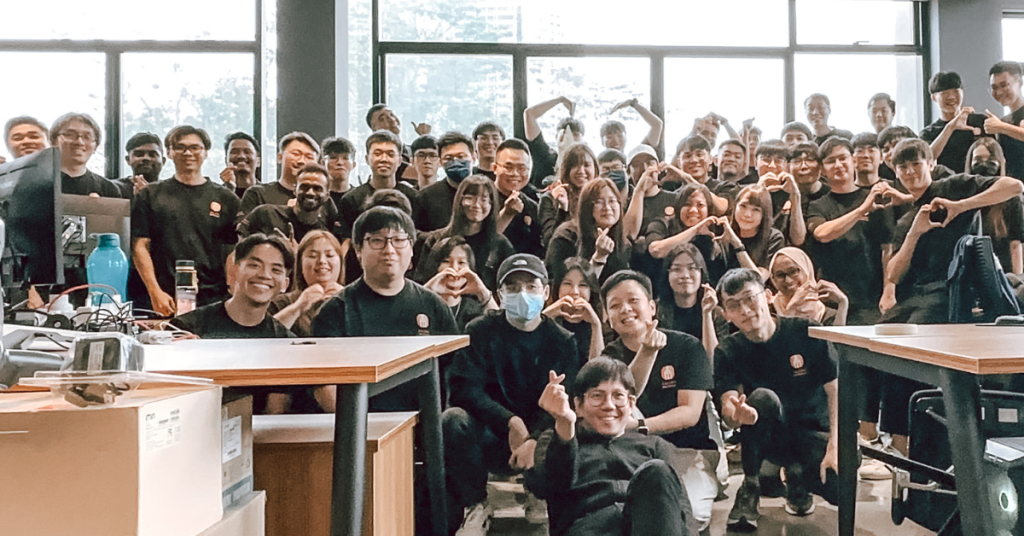[This is a sponsored article with FeedMe.]
“We started understanding the frustrations in the F&B industry as we were building software for it,” Lo King Wei (King) told Vulcan Post.
While frequenting his favourite kopitiam in Johor, the IT engineer always noticed the inefficiencies at the beverage counter while ordering his kopi.
“The aunty will write on a piece of paper, and would have to shout the order to the back kitchen,” he shared.
In a noisy restaurant, this chaotic method can lead to human error and slower delivery times, souring customer experiences.
His friend and business partner, Squall Tan, wondered, “Is there a more convenient way to speed up this process?”
This led the duo to develop FeedMe, a point-of-sale (POS) system now used by over 7,000 merchants in Malaysia.
Serving efficiency
With Squall as the CEO and King as CTO, FeedMe launched in October 2019 as a POS system to digitalise the ordering process between customers and F&B merchants via QR codes.
Customers simply scan a QR code at their table, view the digital menu, place orders, and pay via the web app. It’s a system that became popular during the pandemic due to social distancing.
FeedMe also digitalises voucher systems by linking customer accounts to their phone numbers, solving the problem of forgotten vouchers.
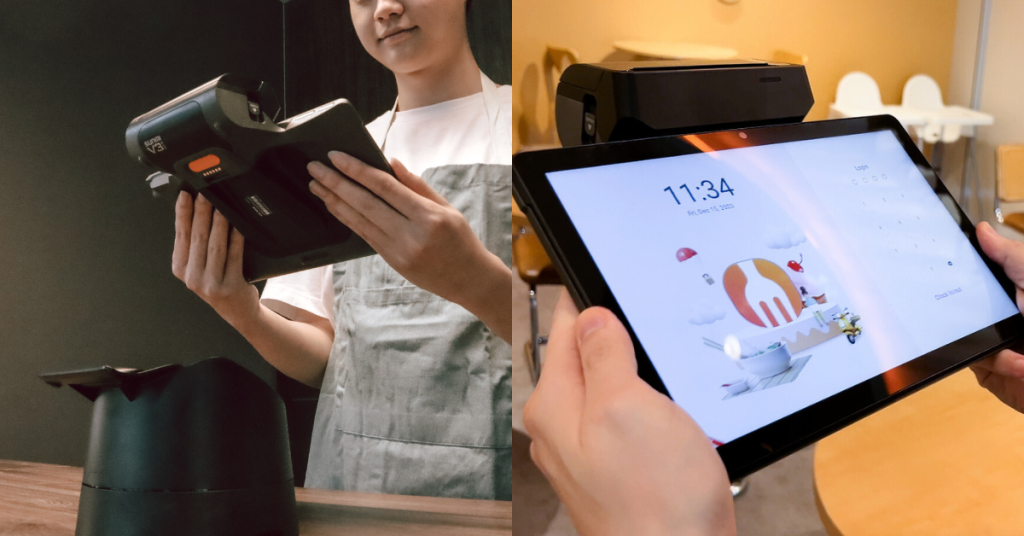
For merchants, FeedMe is more than a digital ordering platform.
Subscribers to this software-as-a-service (SaaS) get access to the full ecosystem which encompasses inventory management, kitchen display systems, delivery integration, monthly accounts reporting, and more.
FeedMe helps restaurants manage their backend operations effortlessly, reducing human error, improving operational quality, and saving costs.
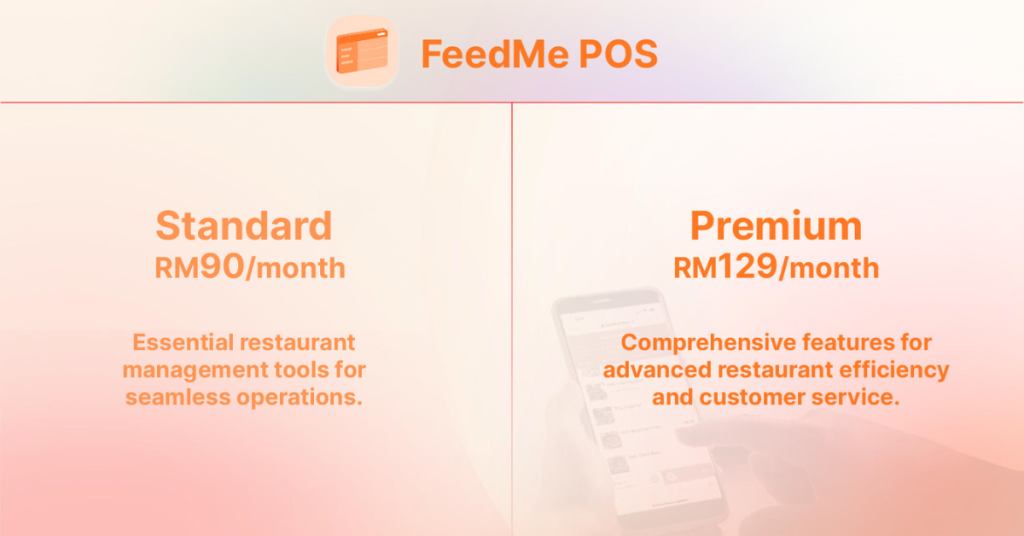
Starting at RM90/month, FeedMe’s POS system serves a range of F&B merchants, from old-time kopitiams and SMEs to large chain restaurants.
And they’re not stopping there. FeedMe’s team told Vulcan Post they’re rebranding from a POS startup to an AI-driven company.
Simplifying decisions
With AI developments booming, businesses globally are finding ways to make use of the tech to save time and cut costs.
Likewise, FeedMe has adopted AI for its merchants’ benefit by stacking smart functions onto existing features.
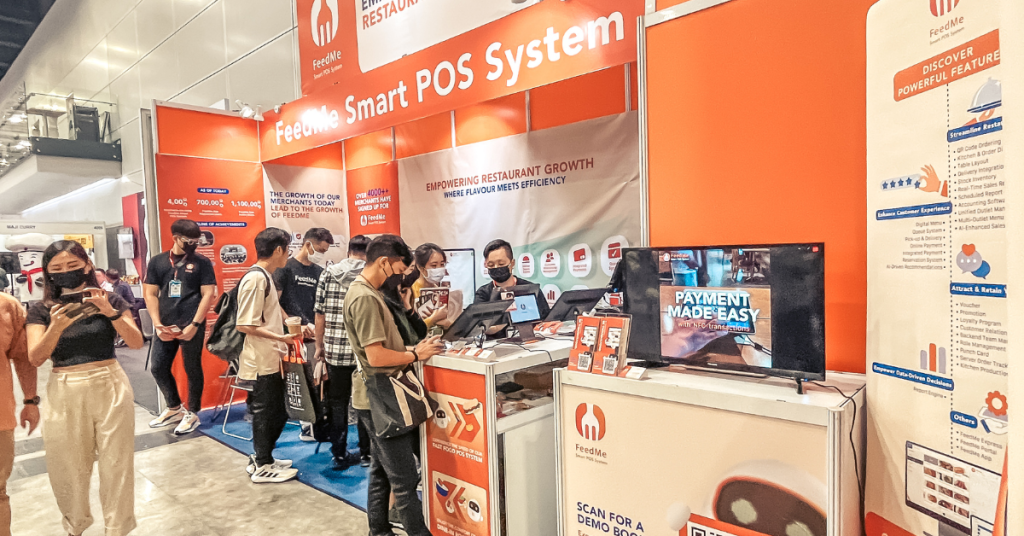
For instance, FeedMe’s AI uses the restaurant’s inventory system to create accurate and appealing dish descriptions when merchants upload their menus.
This matters, as research shows that including dish descriptions on menus can boost profits.
Additionally, FeedMe’s AI helps manage inventory nearing expiry, like milk. The AI notifies merchants and generates marketing campaigns to sell dishes containing this ingredient.
Merchants can also send SMS notifications to customers about these promotions by using FeedMe Connect (its CRM system). This can help increase sales for the restaurant and prevent inventory waste.
This SMS feature can also automatically send messages based on specific conditions and customer behaviours. For example, if a customer leaves negative feedback to a restaurant in the system, they will receive an apology message or other treats via SMS.
“Restaurants have to make many decisions every day. Our AI basically provides merchants with insights and actionables in real-time to help make business decisions,” said King.
This frees F&B owners from tedious decision-making, giving them more time to focus on improving their restaurant’s food and service quality.
And that’s FeedMe’s ultimate goal.
“We’re rebranding to AI not because it’s trendy, but because managing a business is tedious,” said Squall.
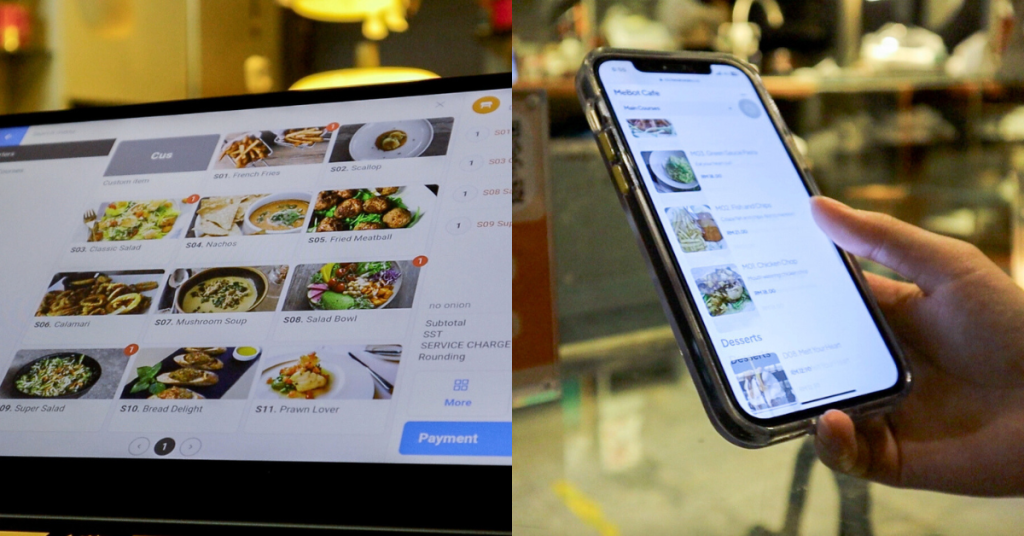
If merchants are unsure about a new AI feature or how to use it, FeedMe has included a helpful chatbot called Remy.
Venturing globally
In its five and a half years, FeedMe has onboarded nearly 8,000 merchants in Malaysia.
“In 2023, we saw a 590% growth compared to 2021, which is impressive, especially considering we lost almost two years due to the pandemic,” Squall noted.
FeedMe expanded to Singapore in 2023 and is now venturing into other SEA countries.
The co-founders understand that localisation is crucial to penetrate these culturally diverse markets.
Their strategy for scaling? Training FeedMe’s AI to develop its own software.
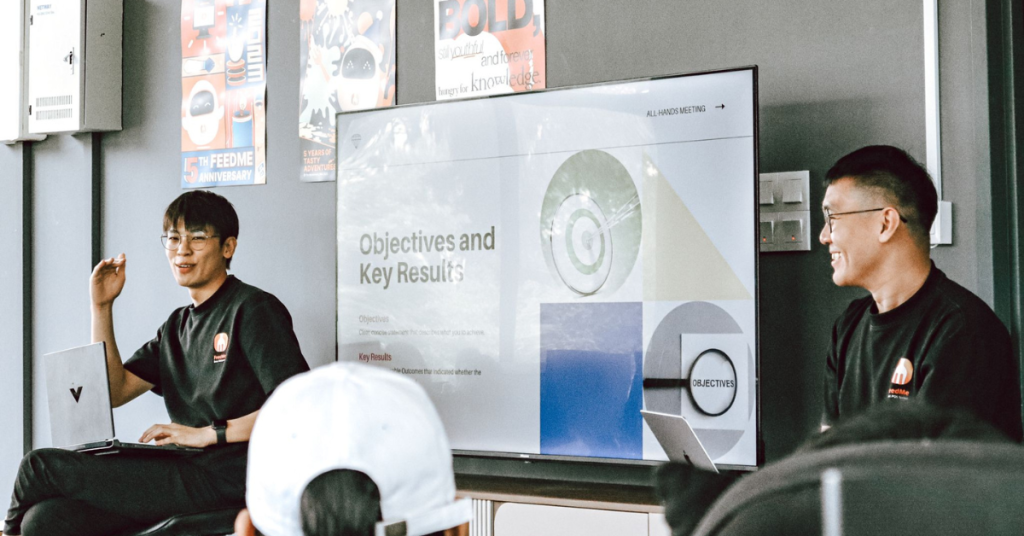
Squall explained that the team is training their AI to act as a professional account manager, making microdecisions and solving problems it identifies.
For instance, the AI is being trained to translate languages for the user interfaces in different countries effectively. The AI is also learning to identify issues in FeedMe’s software for developers to fix based on its suggestions.
“Our AI team is continually researching and working hard to provide fascinating features and AI solutions,” Squall shared. “We hope that at least 25% of the FeedMe product will be enhanced and supported by our AI, Remy.”
By 2024, the team aims to reach at least 12,000 merchants and expand to a total of five countries.
“In the next five years, we aim to serve at least 100,000 F&B SME merchants worldwide, helping them embrace AI and our ecosystem to grow their businesses,” he said.
Featured Image Credit: FeedMe


